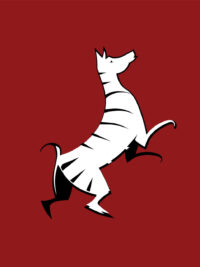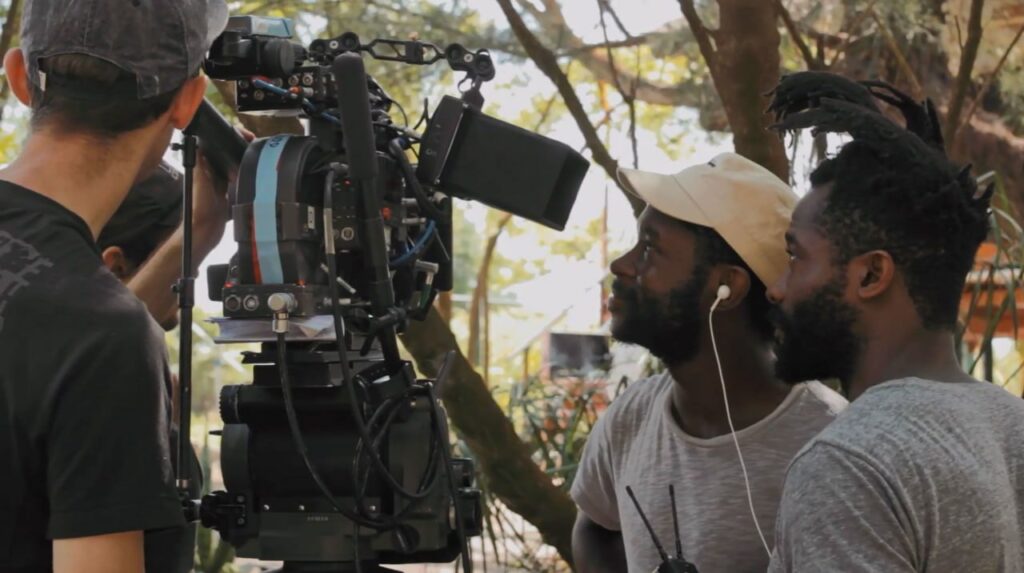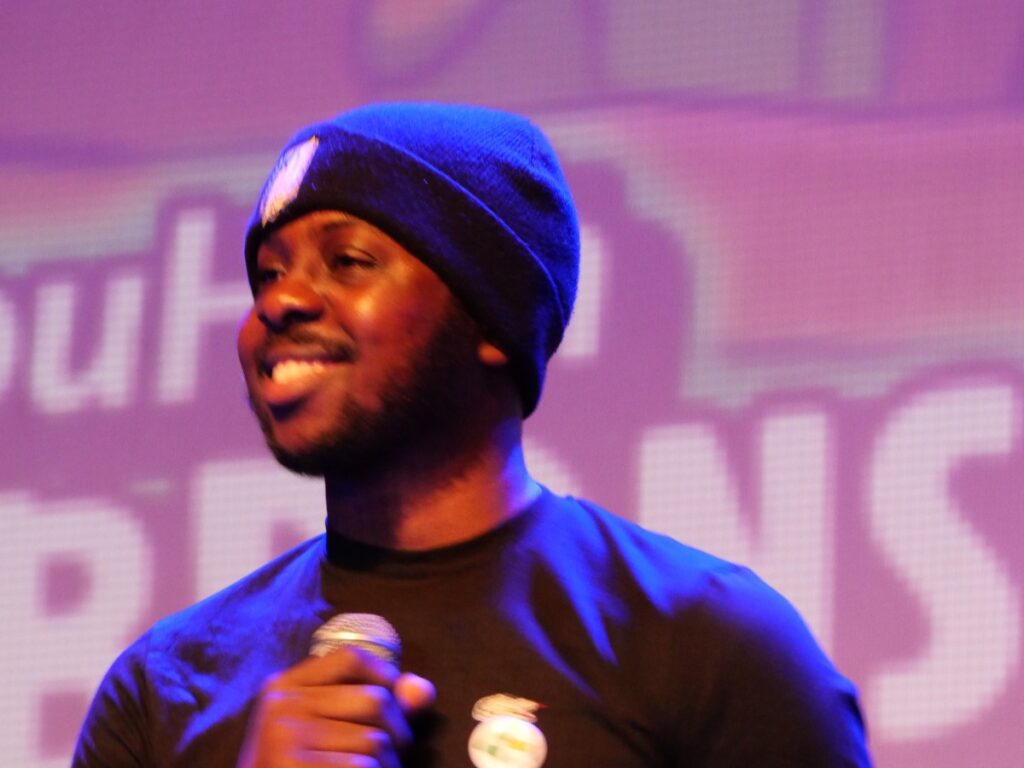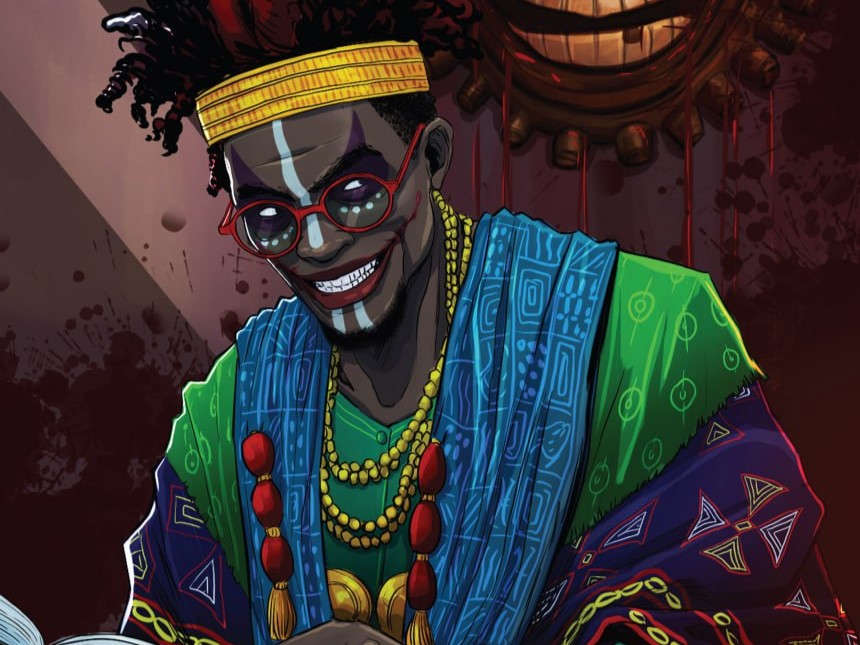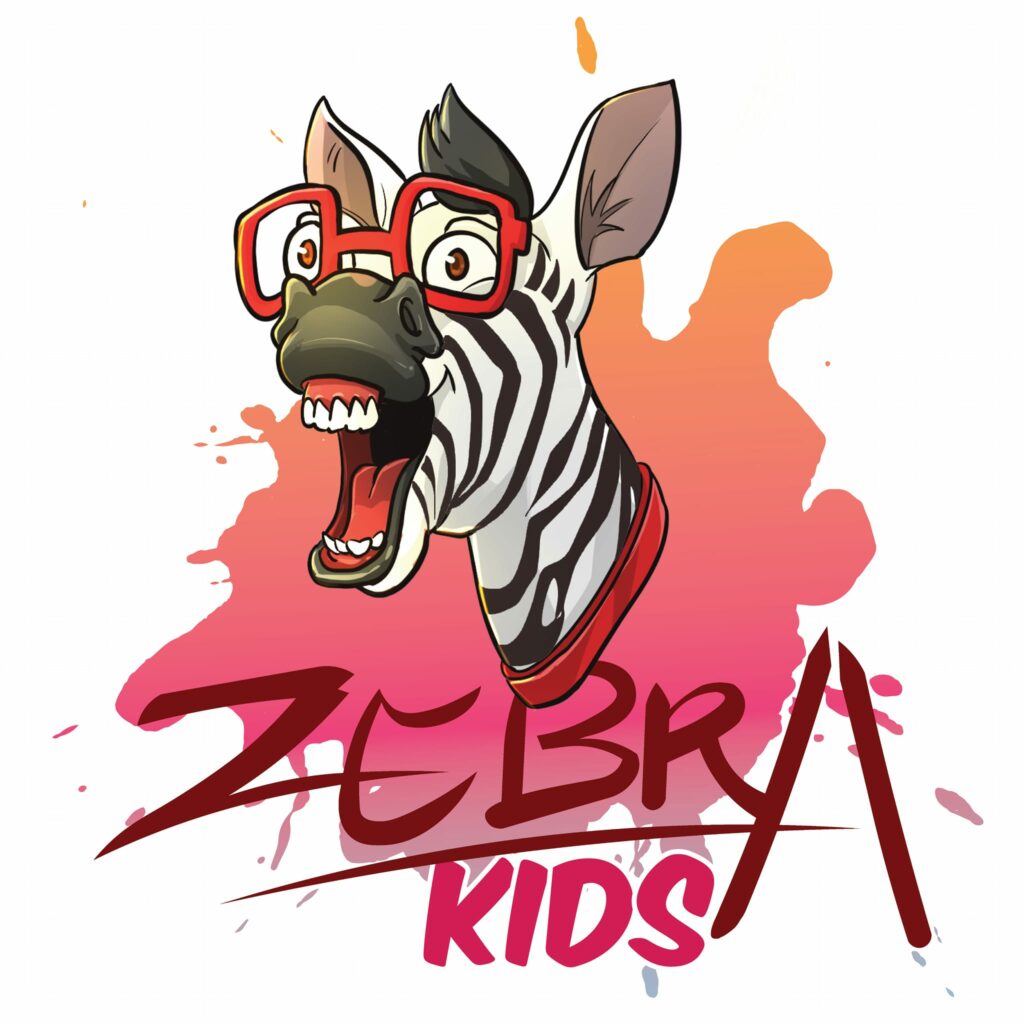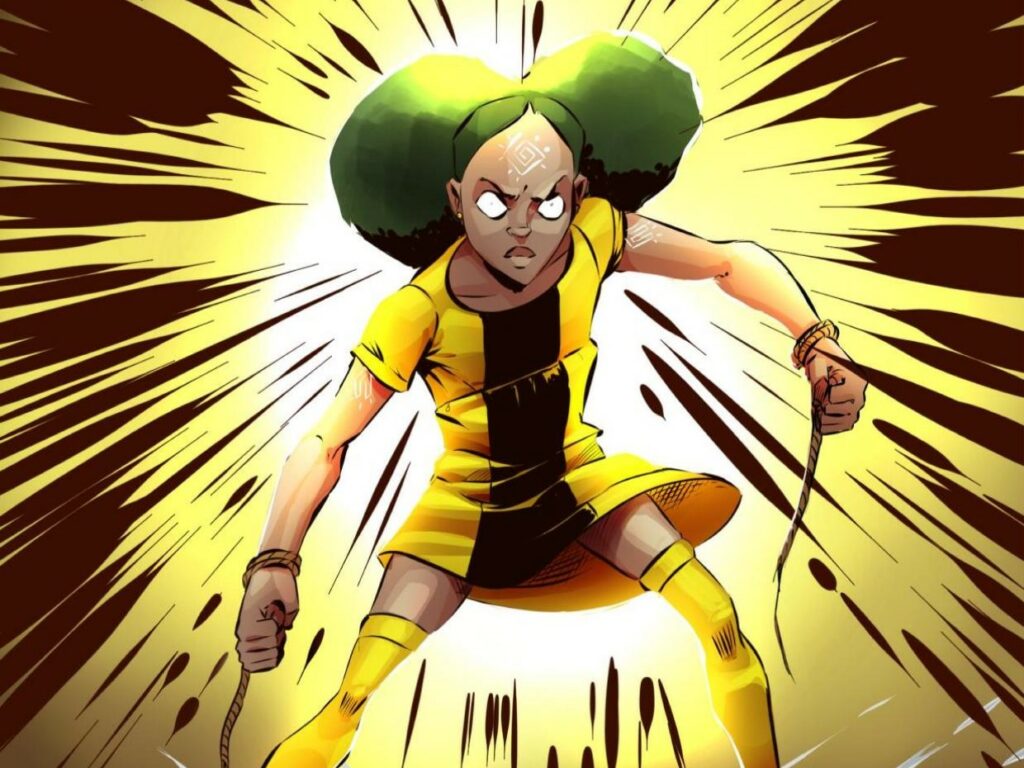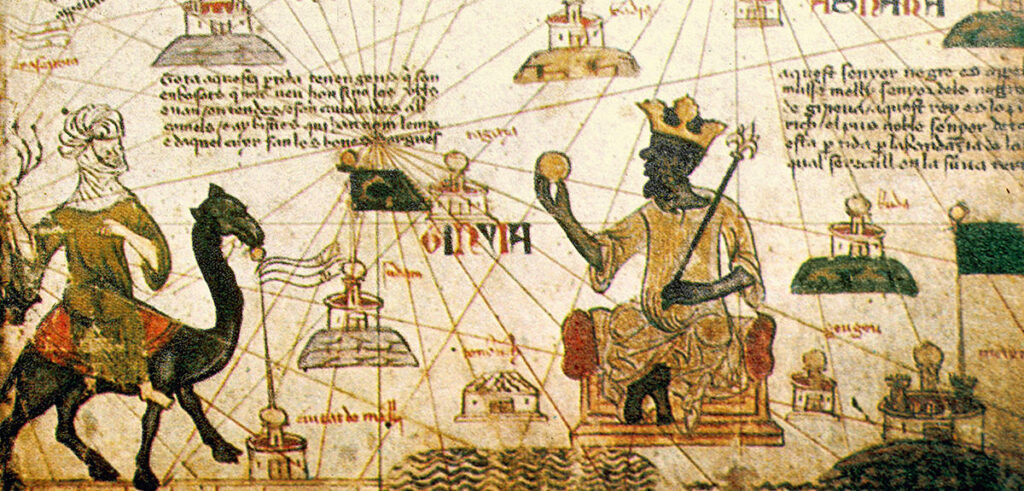Webtoon’s AI 100 Million Milestone
Naver Webtoon’s AI-based chat service ‘Character Chat’ [Source = Naver Webtoon] Naver Webtoon’s “Character Chat”—an AI‑powered conversational feature—has quietly reshaped webtoon engagement. Hitting 100 million messages from 3.5 million users, it’s not just a flashy number. What’s more notable: teens and young adults dominate usage, paid messages now make up 41%, and original series see dramatic spikes […]
Webtoon’s AI 100 Million Milestone Read More »
